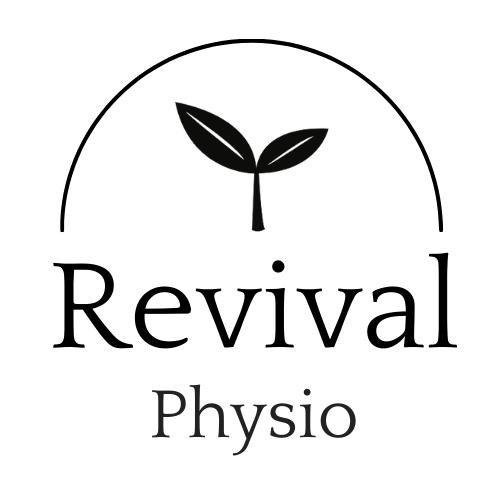Why Should You Consider Physiotherapy During Pregnancy?
Asking a pregnant woman how she's feeling might elicit responses ranging from pure joy to utter discomfort. Pregnancy is undoubtedly a beautiful journey, but it often comes with its share of challenges, including lower back pain, which affects a significant percentage of expectant mothers. Thankfully, there's a simple solution to ease this discomfort: physiotherapy during pregnancy.
Physiotherapy, or physical therapy, is a proven technique that utilizes movement science to promote healing and overall well-being. It encompasses a wide range of exercises and massages tailored to individual needs. While anyone can benefit from physiotherapy, pregnant women, in particular, can experience remarkable advantages.
Why is Physiotherapy Important During Pregnancy?
During pregnancy, your body produces a hormone called relaxin, which helps prevent damage to the body during childbirth. While present in both sexes, relaxin is significantly elevated in pregnant women, particularly in the second trimester. Its primary function is to loosen the birth canal, but it also affects other ligaments, leading to muscle, joint, and body pain – the root of the notorious lower back pain during pregnancy.
Physiotherapy is a valuable tool in managing this pain and maintaining muscle strength. By incorporating specific exercises and massages, physiotherapy targets the source of discomfort and provides much-needed relief.
What Issues Can Antenatal Physiotherapy Address?
While lower back pain is a common complaint, physiotherapy can address a broader spectrum of pregnancy-related issues, including:
Upper back pain
Neck and shoulder pain
Sciatica (pain radiating from the lower back to the leg)
Carpal tunnel syndrome (numbness or tingling in the hand)
Pelvic girdle pain (pain in the front and back of the pelvis)
Bladder issues
Hip pain
Ab separation (diastasis recti)
Shortness of breath (from tightness along the connective tissue along the side rib cage)
Lower abdominal cramping and tightness
Physiotherapy identifies the exact location of your pain and tailors treatment to minimize it effectively.
Benefits of Physiotherapy During Pregnancy
Relieves lower back pain: Pregnancy shifts your center of gravity, putting added pressure on your lower back. Physiotherapy exercises can alleviate this pain and strengthen your core muscles.
Strengthens pelvic floor muscles: Pregnancy often leads to increased urination and can weaken pelvic floor muscles, causing incontinence. Physiotherapy helps restore strength and control through pelvic floor exercises.
Prepares for labor and delivery: Childbirth demands strength and flexibility. Physiotherapy equips you with effective pushing techniques and pelvic floor exercises to prepare your body for labor.
Corrects posture changes: As your body adjusts to pregnancy, your posture can shift, leading to discomfort. Physiotherapy helps maintain good posture, reducing pain and improving balance.
Relieves carpal tunnel syndrome: Physiotherapy addresses nerve compression in the wrist, relieving the numbness, pain, and tingling associated with carpal tunnel syndrome.
Physiotherapy Throughout Your Pregnancy
Physiotherapy adapts to each trimester of your pregnancy:
First Trimester: Focuses on education, postural correction, safe lifting techniques, and addressing pre-existing musculoskeletal issues.
Second Trimester: Introduces stretching, mobility, and strengthening exercises for the spine and abdomen, aiming to enhance fitness and manage pain. Manage ab separation (diastasis recti)
Third Trimester: Emphasizes strength, flexibility, and labor coping strategies, including relaxation techniques, breathing exercises, and positioning for labor. Review how to push. Go through how partner can support you and perineal massage to reduce tearing risk. Review postpartum dos and don’ts.
Important Considerations
Before starting physiotherapy, consult your doctor or midwife, especially if you have any underlying health conditions. Choose a qualified and experienced physiotherapist specializing in pregnancy and postpartum care. They will create a personalized plan based on your specific needs and preferences.
Conclusion
Physiotherapy is a safe and effective way for expectant mothers to embrace physical activity, relax muscles, improve strength and flexibility, and manage pain. By prioritizing physiotherapy during pregnancy, you can enjoy a more comfortable and healthy journey toward motherhood.
Remember, consulting a qualified physiotherapist is crucial for personalized guidance and optimal care.



